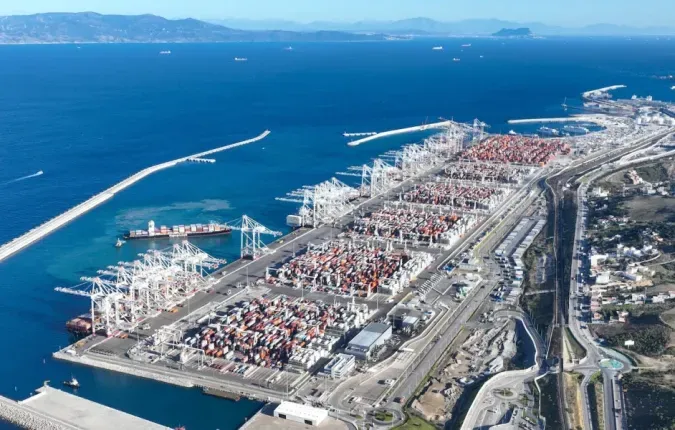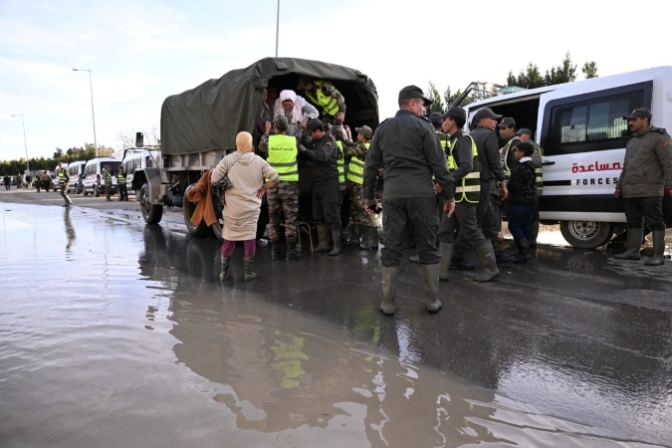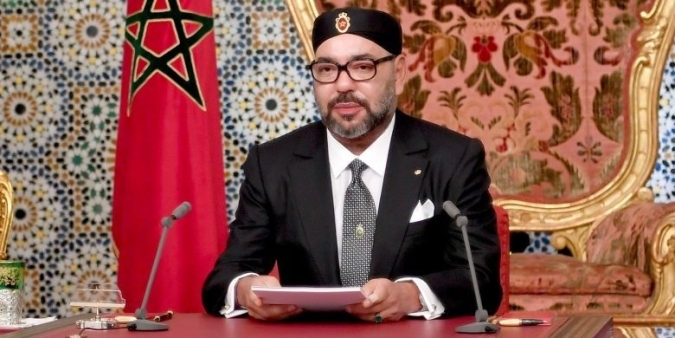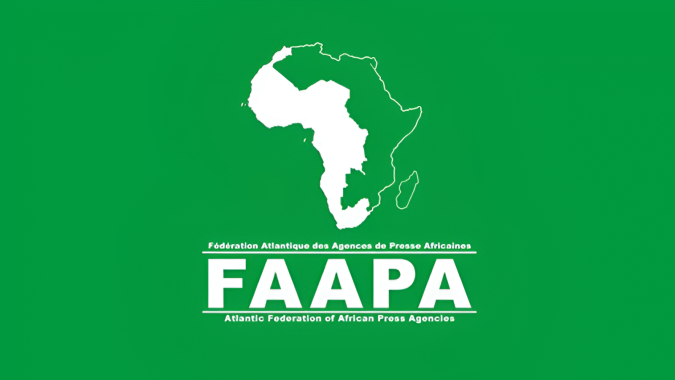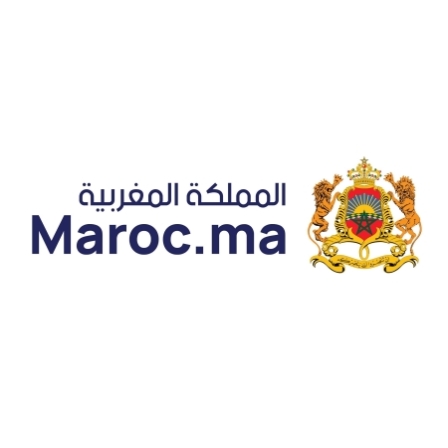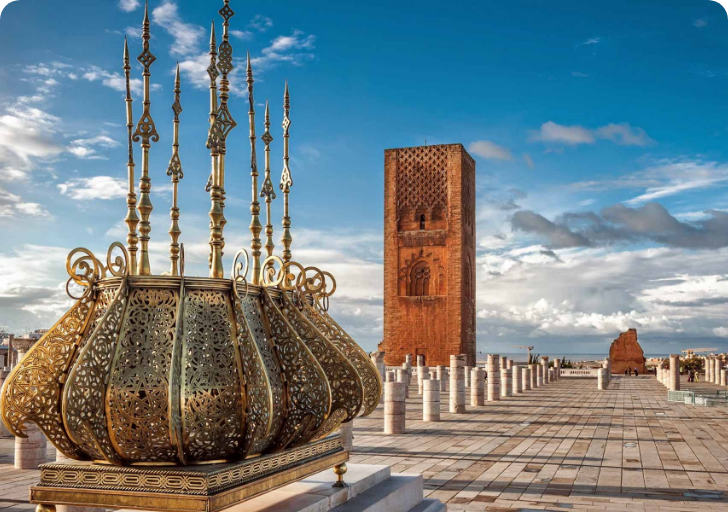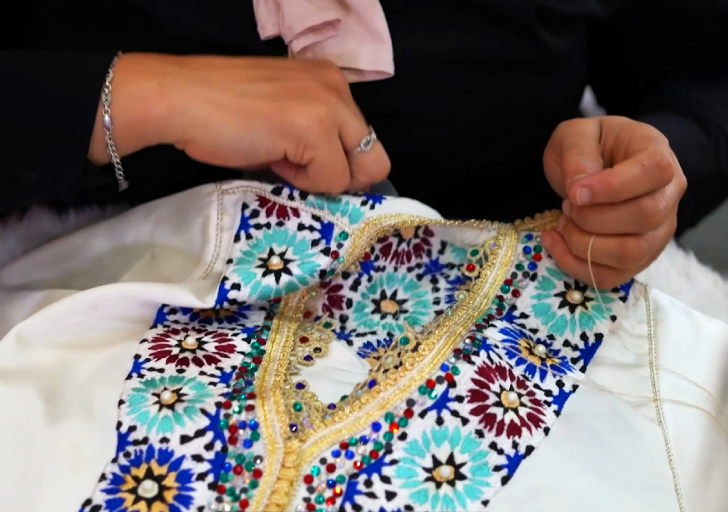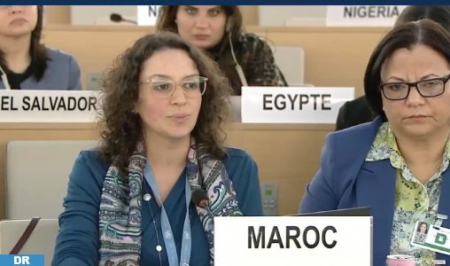
Morocco’s significant progress in ensuring women’s full and equal participation and representation in political and decision-making spheres was showcased by the Interministerial Delegation for Human Rights (DIDH) during an event held Thursday in Geneva, on the sidelines of the 59th session of the UN Human Rights Council (HRC).
Speaking at the second preparatory political dialogue of Glion XI, Fatima Barkan, Secretary-General of the DIDH, highlighted the impact of constitutional and legislative reforms that have substantially increased women’s representation in elected assemblies and positions of responsibility in public administration.
Following the parliamentary, regional, and municipal elections of September 8, 2021, the proportion of women elected to prefectural and provincial councils rose to 35.6%, compared to only 4.5% in 2015. Similarly, the House of Representatives increased its female representation from 81 members (20.5%) in 2016 to 96 (24.3%) in 2021, she said.
The feminization of the civil service has also advanced, reaching 41.23% in 2022, with 28% of these women holding positions of responsibility. The government currently has six female ministers, and women lead several regions and major cities. Laws have introduced quotas for boards of listed companies (targeting 40% by 2027) and encourage gender parity in public institutions.
Barkan also highlighted the major reform of the Family Code, initiated by His Majesty King Mohammed VI, to strengthen equality between men and women and promote shared responsibility within Moroccan families.
Although notable progress has been achieved, Morocco recognizes the need to intensify efforts to ensure women’s full participation and independence, she said, reaffirming the Kingdom’s commitment to constructive engagement with UN human rights mechanisms.
For her part, the representative of UN Women in Morocco, Myriem Noussairi, highlighted Morocco's experience in implementing the Beijing Platform for Action.
Speaking via videoconference from Morocco, Noussairi emphasized that the Kingdom is a tangible example of the effective application of UN Women's coordination mandate through structuring tools such as the Gender Thematic Group and the Gender Equality Scorecard.
The Glion Dialogue is an annual high-level retreat in Switzerland that brings together policymakers and stakeholders for open and solution-oriented debate. This year’s Glion XI aims to contribute significantly to the Beijing+30 action program of UN Women.
MAP: 04 July 2025
